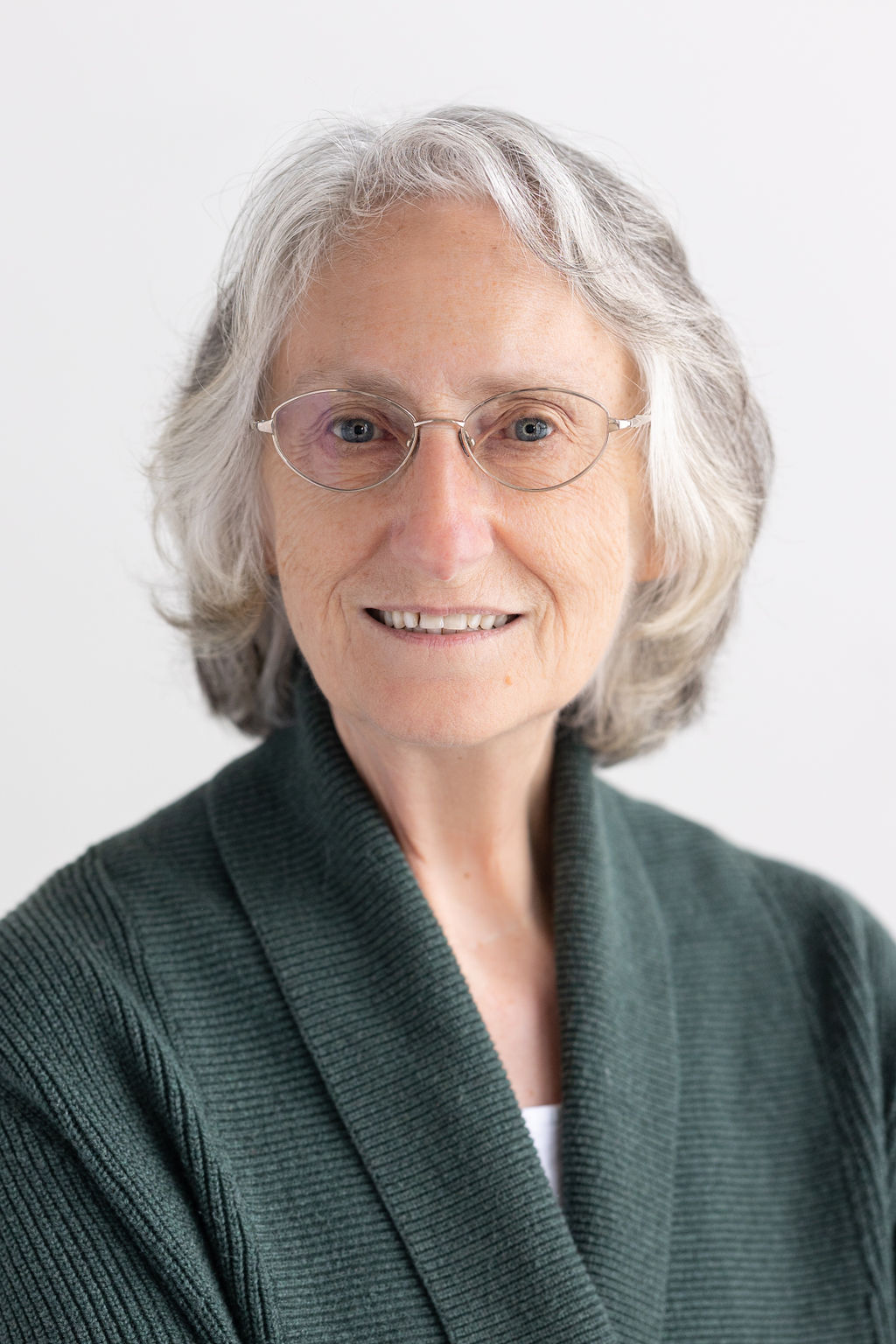
When I began working in the U.S., I got a job at Lawrence Technological University. It came with benefits, but I was told that because I was married and my husband would provide, I wasn’t eligible to join the pension scheme for the first two years of my employment.
As anyone who knows anything about compounding will tell you, the most money you can make is when you can leave it the longest. To make it simple, if you save $100 when you’re twenty-five years old and you get only 1% interest (which is lower than the average interest rate over my working lifetime), forty years later, that $100 will be worth $1,000. You can find out for yourself at https://www.investor.gov/financial-tools-calculators/calculators/compound-interest-calculator)
By preventing me from participating in the pension plan in my first two years, I lost a great deal of money. And, in truth, my salary was lower than those around me, but I was new, glad to get a job in the recession of that time, and didn’t argue. I did feel a blip of resentment, though, when a male was hired a year and half later, got a higher salary than me for the same job, and was allowed to join the pension plan immediately.
Fast forward to today and there have been changes, but not enough. “In 2020, women made 83 cents for every dollar earned by men, according to the U.S. Census Bureau, and women of color are at an even greater disadvantage. The gender wage gap was much larger in 1960, when women’s pay was 61% of men’s. But progress has stalled over the last 15 or more years, according to researchers. Lower pay contributes to lower lifetime earnings and less overall wealth.” (https://www.cnbc.com/2022/05/19/women-are-still-paid-83-cents-for-every-dollar-men-earn-heres-why.html)
My own experience suggests that when a woman reaches the glass ceiling, a company simply raises it. I have a sister-in-law who once challenged that. She worked for a company called Emery Air Freight (which got swallowed at one point by Consolidated Freightways). She was frequently asked to train new young male employees, who then became her bosses in turn, and eventually moved up the company. She got tired of this steady stream.
We went to Toronto for a weekend (we lived in Michigan at the time) and, in those days, sex shops were all the rage. We went into one and she bought a four-inch high statue of a penis. She wouldn’t tell me what she wanted it for, but I learned later. She took it into work with her on Monday morning, went into her latest boss, slammed it on his desk and said, “Now I’ve got one. When do I get my promotion?”
They promoted her, but then came the problem. They put her on swing shift so she could “learn the full job.” They hadn’t done that with any of the men, but they did it with her. And it was the first of the many hoops they made her go through until she finally caved and went back to her previous job. She never forgave herself for giving in, but it was clear they weren’t going to stop. The one gain since then is my suspicion that they wouldn’t get away with it today.
Musicians now audition behind a screen. No one sees if the player is male, female, or has three noses. In 1980, the Munich Philharmonic Orchestra chose Abbie Conant as the overwhelming first choice for Principal Trombonist of the Munich Philharmonic Orchestra. Blind auditions were new then, and the orchestra chose to do that because one of the other auditioning trombonists was the son of a prominent musician. They had to hire her, but the music director harassed her overtly and covertly, and eventually demoted her to second trombone. He wouldn’t let her play solos, because “we need a man for solo trombone.” Worse, the orchestra stopped using blind auditions. Conant went to court — twice — once for discrimination, once for back pay. She regained her first trombone status in 1984, but I can’t imagine the emotional cost she paid for her struggle. Her story inspired Malcolm Gladwell’s “Blink.” Originally from New Mexico, she and her husband now run their own studio in Taos.
There are sayings in the bible, “When, O Lord” (see Psalm 46), “How Long, O Lord” (Psalm 13; Revelation 6:10) that describe women’s situation perfectly. I’m not religious, but I’ve heard women utter some version of that saying all my life. I suspect they’ll still be saying it long after I’m gone.
